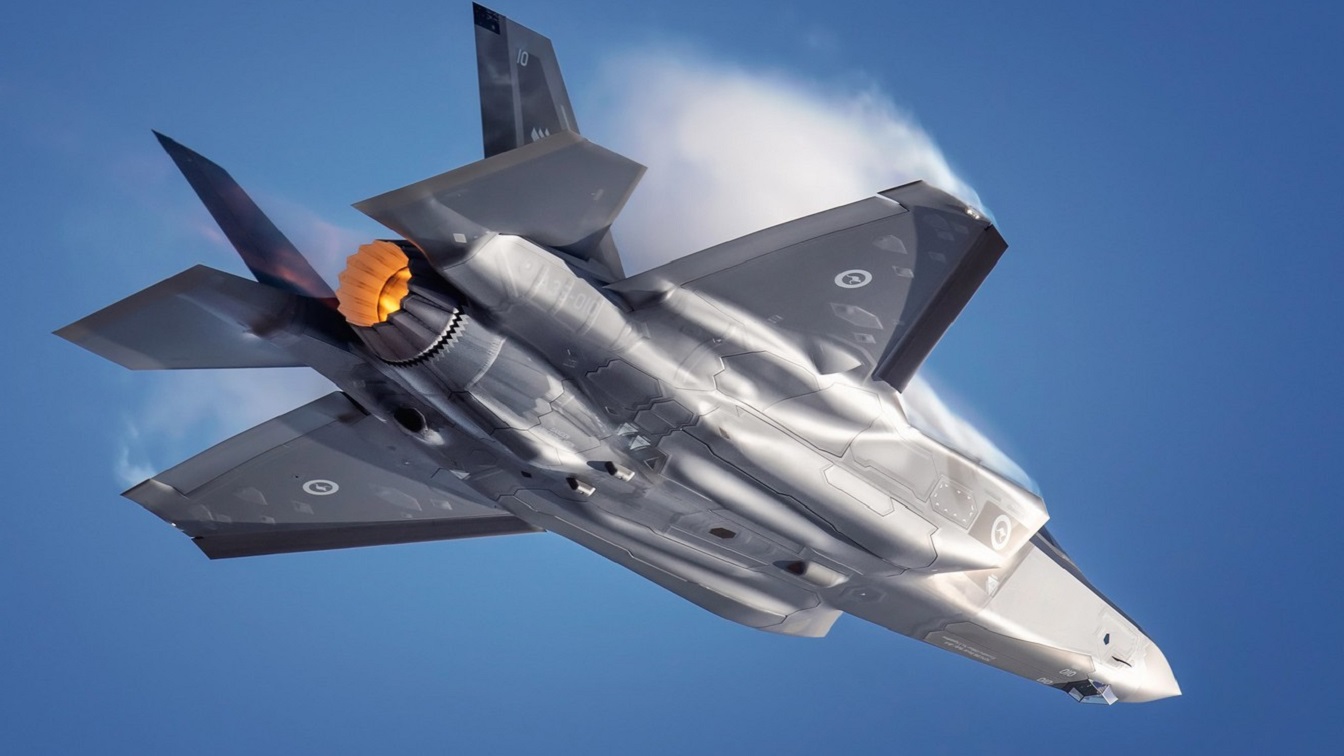A government watchdog has warned that the Pentagon is doing a poor job of keeping track of tens of thousands of spare parts, worth millions of dollars, for the Lockheed Martin F-35 Lightning II.
At issue is who is actually responsible for doing so, as the aircraft is flown by partner nations around the world, which creates a need for various parts to be kept at locations across the globe.
The United States Department of Defense (DoD) maintains the global pool of spare parts that ally nations can tap into, but the Pentagon has failed to create a system to actually monitor the inventories or keep track of the parts, a Government Accountability Office (GAO) report warned.
Since May 2018, just one F-35 prime contractor incurred losses that exceeded one million spare parts totaling more than $85 million. Less than two percent had been reviewed by the F-35 Joint Program Office (JPO).
In addition, the same prime contractor has not reported more than 900,000 spare parts valued at over $66 million.
“(The) F-35 Joint Program Office does not oversee or account for spare parts in its global spares pool that have been accepted and received by the government and are located at non-prime contractor facilities. The F-35 Joint Program Office does not track or enter these spare parts into an accountable property system of record that would enable it to capture and store real-time changes to property records. Currently, the prime contractors maintain this information,” the GAO noted.
Lockheed Martin is the prime contractor for the F-35, while Pratt & Whitney produces its engines. Lockheed Martin has produced and delivered more than 900 of the fifth-generation fighter jets for the U.S. military and allied or partner nations including Italy, Australia, Denmark, the Netherlands, Norway, South Korea, and the UK.
Lots of Moving Parts
The F-35 spare parts are currently held in over 50 domestic and international non-prime contractor facilities, and as a result, the JPO is unable to track the inventory. This includes parts ranging from engines, wheels, and landing gear, to more basic items including fasteners and screws.
The watchdog recommended that the DoD ensure that all spare parts are categorized appropriately and are accountable under a contract, and further called for the Under Secretary of Defense for Acquisition and Sustainment, with the Under Secretary of Defense to review and update guidance and policies for asset accountability. The GAO also recommended that a process and document be developed for contractors to report government-owned global spares pool losses of spare parts that are not accountable under a contract.
The F-35 Program Executive Officers “should develop and document interim procedures to ensure that disposition instructions are provided, consistent with federal regulations, for the disposition of spare parts in the global spares pool that are excess, obsolete, or unserviceable, until such spare parts are entered into the GFP Module for disposition.”
Undersecretary of Defense for Acquisition and Sustainment Bill LaPlante concurred with the GAO’s findings, Breaking Defense reported, while a Lockheed spokesperson said via a statement that the company “manages F-35 spare part inventory in compliance with contract requirements. We continue to partner with the Joint Program Office to increase insight into spare part availability and support fleet readiness.”
JPO spokesperson Russ Goemaere also addressed the issue via a statement:
“Although the F-35 JPO concurs with the recommendations it is important for the American people and our global partners to understand that we know where the vast majority of F-35 spare parts are in the global supply chain. At this time, our error rate is around 1%, and while this is considered much better than the government goal of 5%, we will continue to work with the services and our industry partners to improve spare parts accountability and drive readiness for our warfighters,” he noted. “Accountability of F-35 spare parts is currently managed through a non-government system; however, we are working with industry to move this data to a government system.”
Author Experience and Expertise
A Senior Editor for 19FortyFive, Peter Suciu is a Michigan-based writer. He has contributed to more than four dozen magazines, newspapers, and websites with over 3,200 published pieces over a twenty-year career in journalism. He regularly writes about military hardware, firearms history, cybersecurity, politics, and international affairs. Peter is also a Contributing Writer for Forbes and Clearance Jobs. You can follow him on Twitter: @PeterSuciu.

